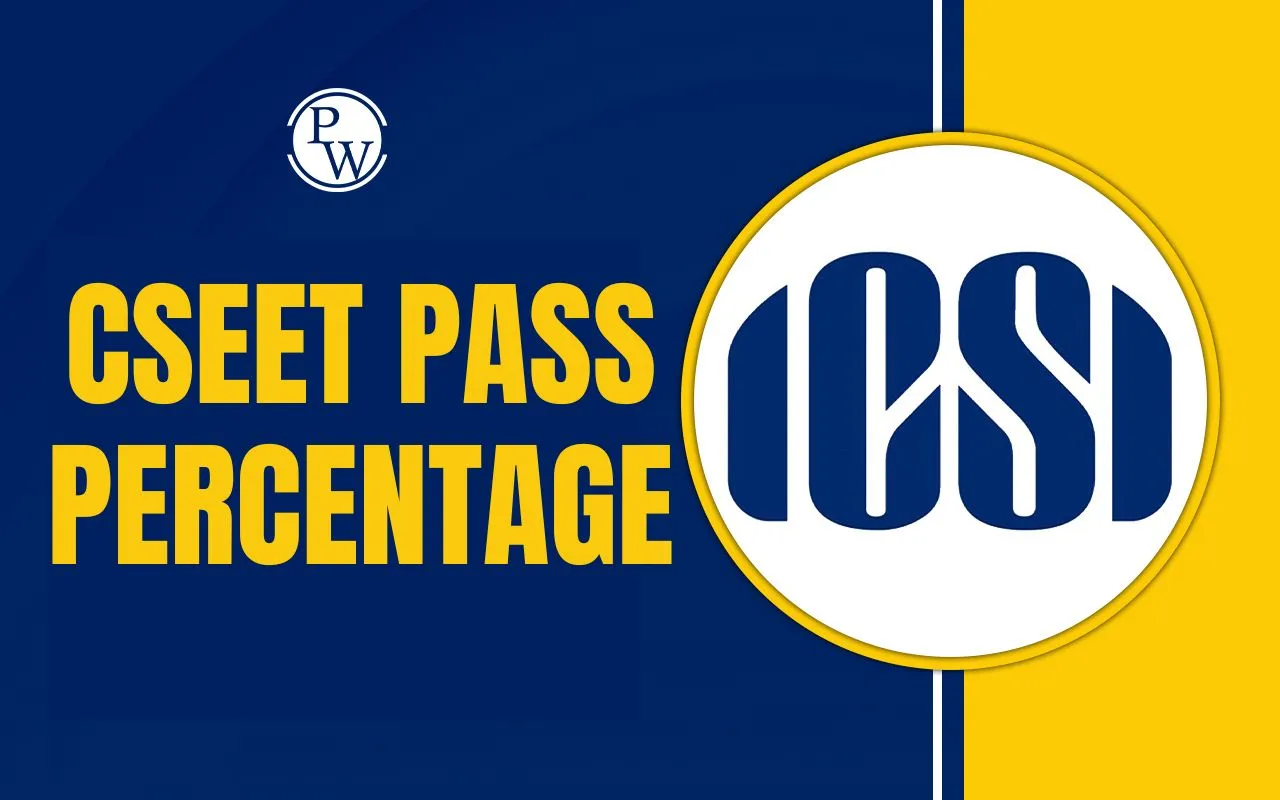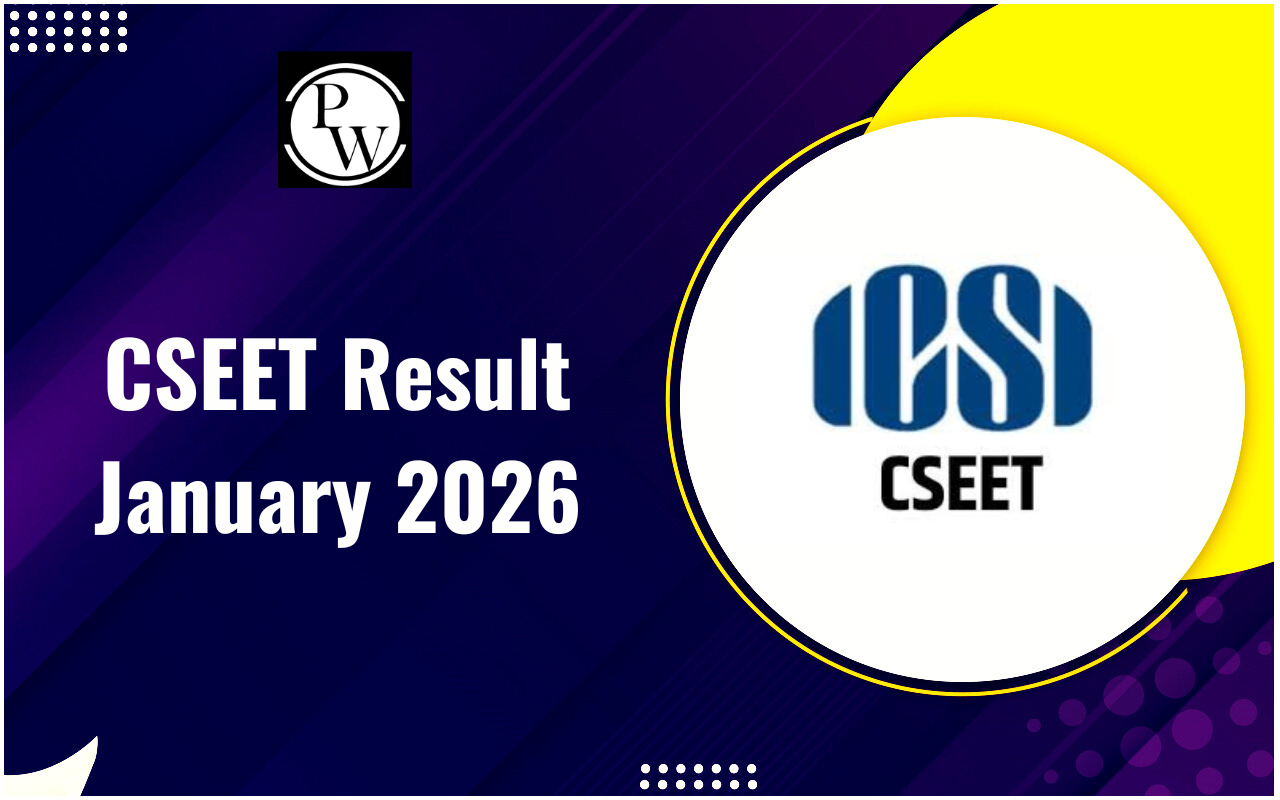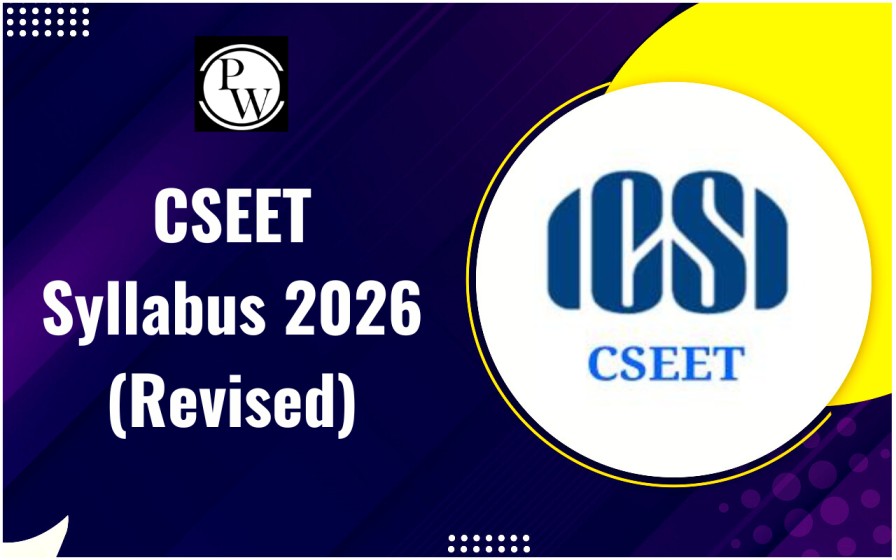
Exemption in CS Exam: Gaining exemption within the Company Secretary (CS) curriculum entails a nuanced process that extends beyond the mere attainment of a score exceeding 60 marks in a given subject. Contrary to common perception, achieving such a threshold does not guarantee exemption. Thus, delving deeper into the intricacies of the CS Exemption Scheme becomes imperative for aspiring candidates.
Exemption in CS Exam , in essence, refers to the provision extended to students who demonstrate proficiency in select papers, thereby sparing them from the necessity of reattempting those specific examinations, notwithstanding their overall examination performance.CS Exam Exemption Criteria Overview
To become a Company Secretary (CS), candidates must pass exams administered by the Institute of Company Secretaries of India (ICSI). The process consists of three stages:- Company Secretary Executive Entrance Test ( CSEET ): This is a computer-based entrance exam with objective questions.
- Executive Programme: The second stage includes two modules, each with four papers.
- Professional Programme: The final stage has three modules, each with three papers.
CSEET: A minimum aggregate of 50% and 40% in each subject is required, with no negative marking for incorrect answers.
CS Executive/Professional: Candidates must secure at least 40% in each paper and 50% overall in a module to pass. Completing all modules leads to certification.
Exemption in CS Exam: Students failing a stage may still receive exemptions for certain papers in subsequent attempts, based on conditions. Exemptions are only available at the CS Executive and CS Professional levels, not for CSEET.
Although obtaining exemptions may seem straightforward, it requires more than just scoring over 60 marks in a subject. Let's explore how students can earn exemption in CS exams.Exemption in CS Exam
Candidates preparing for the CS Executive and Professional examinations have the opportunity to avail of Exemption in CS Exam under specific circumstances, providing them with a potential advantage in their academic journey. Let's delve into two distinct scenarios wherein candidates may qualify for exemptions:First Scenario:
Should a candidate attempt all the papers within a module and achieve a minimum of 25% marks in each paper, they may be entitled to exemptions in those specific papers where they score 60% or more. To fulfill this condition, the candidate must:- Secure a minimum of 25 marks in all papers within the module.
- Attain a score of 60 marks or higher in the paper for which exemption is sought.
- Furthermore, to successfully clear subsequent attempts, the candidate must achieve an aggregate score of 50% across all papers, excluding those that have been exempted.
Second Scenario:
In the event that a candidate completes all papers within a module but fails in just one, they may still be eligible for exemptions in the remaining papers. To qualify for this Exemption in CS Exam:- The candidate must have attempted all papers within the module.
- They should obtain a score of less than 40 marks in only one paper.
- Achieve an aggregate score of 60% or more in the remaining papers, with each paper individually scoring at least 40%.
- Furthermore, to successfully pass a paper in subsequent attempts, the candidate must secure a minimum of 50% marks in that specific paper.
Exemption in CS Exam Examples
Example 1: In Module 1 of the CS Executive exam, a candidate scores as follows:
P1: 26 P2: 61 P3: 55 P4: 46 According to the first scenario, since the candidate scores at least 25% in all subjects, they are exempted from P2 in future exams. However, they do not qualify for Exemption in CS Exam under the second scenario as the aggregate of the remaining three papers is 162, which falls short of the required 60%. If in a subsequent attempt, the scores are: P1: 42 P2: 61 (Exempted) P3: 60 P4: 44 While the total aggregate is 207/400, exceeding 60%, the candidate still fails because the aggregate of the remaining papers is 146/300, less than the required 50%. However, the candidate becomes eligible for exemption in P3 and must aim for a 50% aggregate score in P1 and P4 to clear the module.Example 2: In Module 1 of the CS Executive exam, a candidate scores:
P1: 55 P2: 63 P3: 22 P4: 67 As per the first scenario, no exemption is granted due to P3 scoring less than 25%. However, under the second scenario, the total aggregate of the remaining three papers is 185/300, exceeding 60%. Therefore, all three papers are exempted, requiring the candidate to achieve at least 50% marks in P3 in the next attempt.Example 3: In Module 1, a candidate scores:
P1: 42 P2: 48 P3: 60 P4: 43 Total: 193 In Module 2, the scores are: P5: 43 P6: 49 P7: 70 P8: 51 Total: 213 The combined aggregate is 406/800, exceeding 50%, and all scores are above 40, resulting in a pass. Suppose the candidate has claimed exemption in P7 previously. In this case, the combined score is 336, below 50%, and the module aggregates are also below 50%. Despite failing both modules, the candidate can claim exemption in P3, meeting the first scenario's conditions. Understanding this exemption in the CS Exam in advance enables CS students to strategize and adjust their preparation accordingly.| Related Links | |
| CS Exam Pattern 2024 | CS Syllabus 2024 |
| CS Eligibility Criteria 2024 | CS Registration 2024 |
| CS Exam Date 2024 | CS Result 2024 |
| CS Pass Percentage | CS Toppers |
Exemption in CS Exam FAQs
What is exemption in the CS Exam?
How do candidates qualify for exemptions in CS exams?
What are the criteria for exemption in CS Executive and Professional levels?
Can candidates decline exemption in the CS Exam?
How can understanding exemption criteria benefit CS students in their preparation?










